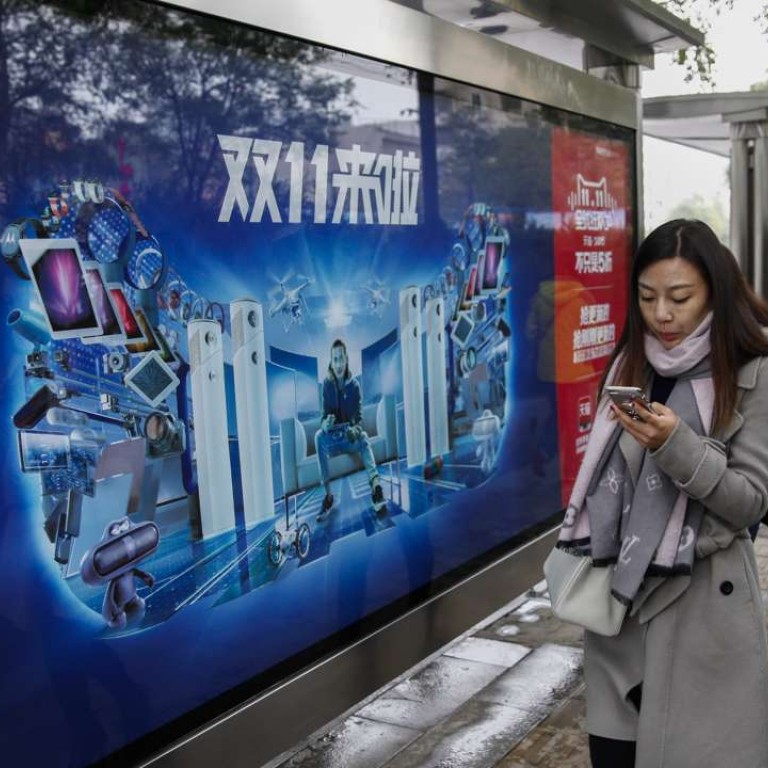
Young Chinese consumers driving online sales of imported products
The online shopping spree for imported goods is spreading to lower-tier cities in mainland China as younger consumers emerge as the main force for the upper end of retail consumption, according to an industry report.
Last year, 56.3 per cent of new consumers that shopped at Tmall Global, the cross-border e-commerce platform of technology behemoth Alibaba Group Holding, were born after 1988, CBN Data and Tmall Global said in a recent report.
In comparison, this age group accounted for 41.4 per cent of its existing consumers.
The growth of younger consumers was more apparent in third- to fourth- tier cities than those in higher-tier cities such as Shanghai and Beijing, the report said.
Consumers from third- and lower-tier cities made up 31.4 per cent of new consumers while their share for existing consumers was 24.1 per cent.
“Young Chinese consumers are showing an apparent preference for health-care and trendy products,” Liu Peng, general manager of Tmall Global, said in Shanghai on Wednesday. He noted that there had been strong growth in categories such as fresh food, red wine, pet products and daily necessities, besides the traditional enthusiasm for baby-care and health-care products.
Liu said some global vendors on Tmall Global hadno brick-and-mortar locations in China but were poised to set up physical stores after obtaining knowledge of local consumers from their online sales.
The report was based on data from Tmall Global in the first 11 months of 2016. The marketplace covers products from 63 nations and regions with more than 14,500 brands, 80 per cent of which were new to Chinese consumers.
Alibaba owns the South China Morning Post.
The younger generation, who are habitual internet users, naturally moved to cross-border e-commerce purchases during an upgrade of their consumption needs and the desire to try novel things, the report said.
Jason Yu, general manager of market research firm Kantar Worldpanel, said younger consumers in lower-tier cities were able to buy the same products as their counterparts in Beijing and Shanghai despite a lack of proper brick-and-mortar channels like premium supermarkets as the booming online channels such as Tmall helped build the demand and affordability of such products.
He said retailers needed to capitalise on the trend and adjust their merchandising strategy to give more space to the imported brands that appealed to younger consumers.
In terms of product categories, skin care and cosmetics became the bestselling items in 2016, followed by food and baby-care products.
Japan, the United States and South Korea were the most popular countries of origin for imported products as cosmetics and skincare products from Asia and health-care products from the US propelled online gross merchandise volume, the report said.

